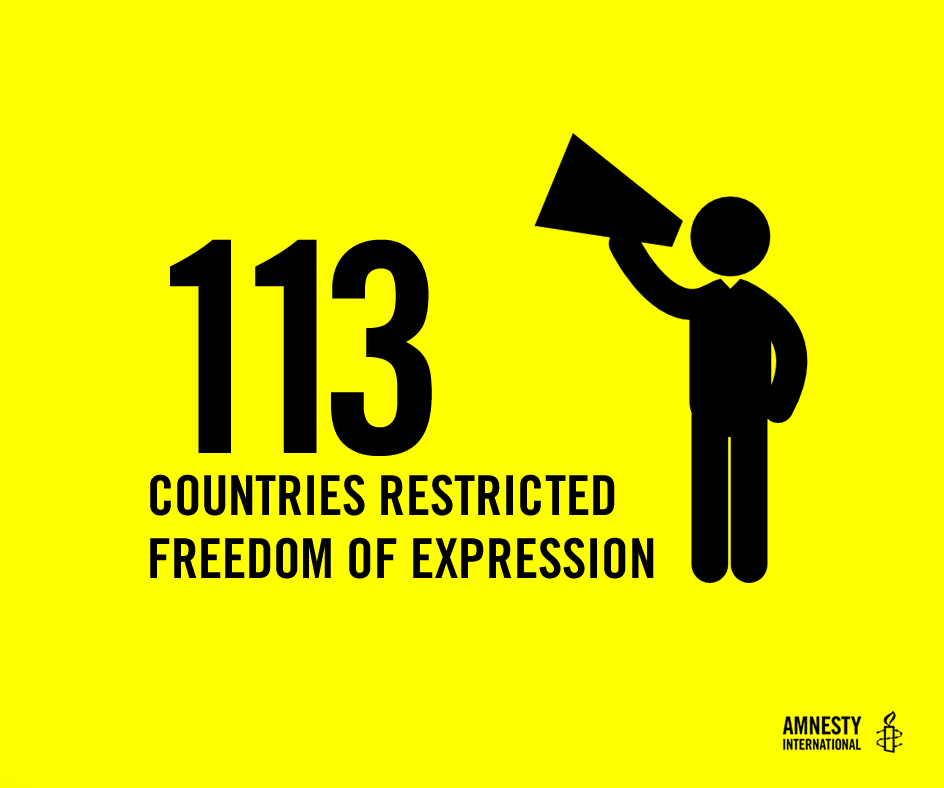A global justice gap is being made worse by power politics despite a landmark year for international justice. So was the conclusion of our world report released today that documents abuses in 159 countries. State of the World’s Human Rights shows that powerful governments are blocking advances in international justice by standing above the law on human rights, shielding allies from criticism and acting only when politically convenient.
Amnesty International is calling on governments to ensure accountability for their own actions, fully sign up to the International Criminal Court and ensure that crimes under international law can be prosecuted anywhere in the world. States claiming global leadership, including the G20, have a particular responsibility to set an example.
The International Criminal Court’s 2009 arrest warrant for Sudanese President Omar Hassan Al Bashir, for crimes against humanity and war crimes, was a landmark event demonstrating that even sitting heads of state are not above the law. However, the African Union’s refusal to cooperate, despite the nightmare of violence that has affected hundreds of thousands of people in Darfur, was a stark example of governmental failure to put justice before politics.
The UN Human Rights Council’s paralysis over Sri Lanka, despite serious abuses including possible war crimes carried out by both government forces and the Liberation Tigers of Tamil Eelam, also stood as a testament to the international community’s failure to act when needed. Meanwhile, the recommendations of the Human Rights Council’s Goldstone report calling for accountability for the conflict in Gaza still need to be heeded by Israel and Hamas.
Worldwide, the justice gap sustained a pernicious web of repression. Our research records torture or other ill-treatment in at least 111 countries, unfair trials in at least 55 countries, restrictions on free speech in at least 96 countries and prisoners of conscience imprisoned in at least 48 countries.
Human rights organizations and human rights defenders came under attack in many countries, with governments preventing their work or failing to protect them.
SEE THE REST OF THIS POST

